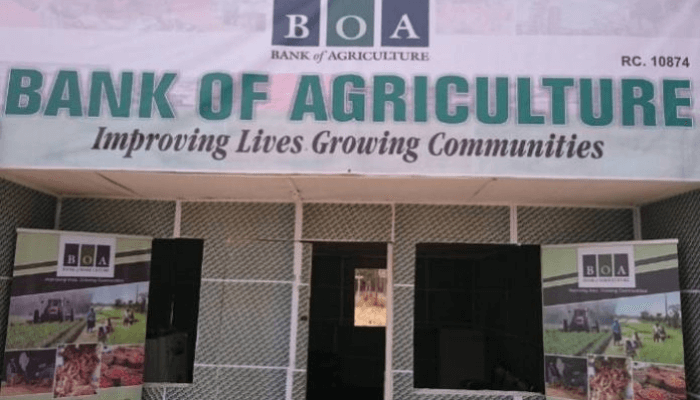The Bank of Agriculture (BOA) is launching a nationwide loan recovery campaign as it sets its sights on reclaiming over N20 billion owed by defaulters, as the federal government prepares to release N1.5 trillion for the bank’s recapitalisation.
BOA’s Chief Executive Officer, Ayo Sotinrin, who disclosed this in Abuja during the National Young People’s Dialogue on Inclusive Food Systems, said the bank would no longer tolerate a culture of non-repayment, stressing that the institution is not a political platform but a business that must be sustained.
“We are beginning an ‘operation recover loan’, to appeal to those who owe the bank to bring our money back,” he said.
“BOA does not engage in largesse. We are not a political association or movement; we are a bank, even though it is owned by the government.”
Sotinrin said the bank would first appeal to debtors and offer them a second chance under new conditions. However, he made it clear that enforcement would follow if they fail to respond.
“To tell them that if they are able to return their loans, they will be entitled to new loans but with a new condition,” he said. “The debt is above N20 billion.”
The BOA boss added that efforts are underway to digitize the bank, a move he believes will help streamline operations and give farmers easier access to funding.
“We are having sleepless nights to make it a technologically driven bank, which will enable farmers to get the right kind of capital. We are almost there,” he said.
Speaking on the broader plans for agriculture, Sotinrin revealed that the federal government is set to release a N1.5 trillion recapitalisation fund to reposition the BOA and scale up support to at least 70 million farmers across the country.
“The recapitalisation fund is N1.5 trillion. We also intend to raise international capital so that we can cover a lot of value chains within the sector,” he explained.
“We want to support 70 million farmers to start to think about agriculture not just as a way of life but as a business.”
Read also: ECOWAS court orders immediate release of man detained since 2008
He stressed that part of the bank’s focus is to transform Nigeria’s food system by significantly increasing yield.
“It starts with us going through our foundation in rebuilding how to create food systems, which is moving from one ton per hectare to nine tons per hectare. It only makes sense to increase our yield so that we can solve food insecurity,” he said.
Meanwhile, Deputy Director of ActionAid Nigeria, Suwaiba Dankabo, raised concerns about the obstacles confronting the sector, particularly in attracting young people.
“Despite the potential of agriculture to tackle hunger, the sector faces numerous challenges that hinder effective youth participation and employment,” Dankabo said.
Notably, the event was organised by ActionAid Nigeria in collaboration with the Senate Committee on Agriculture and Rural Development, with support from GIZ Sustainable Agricultural Systems and Policies (AgSys).








